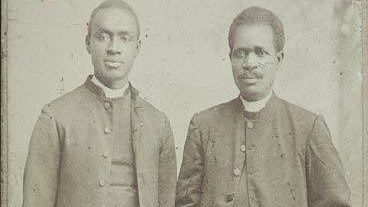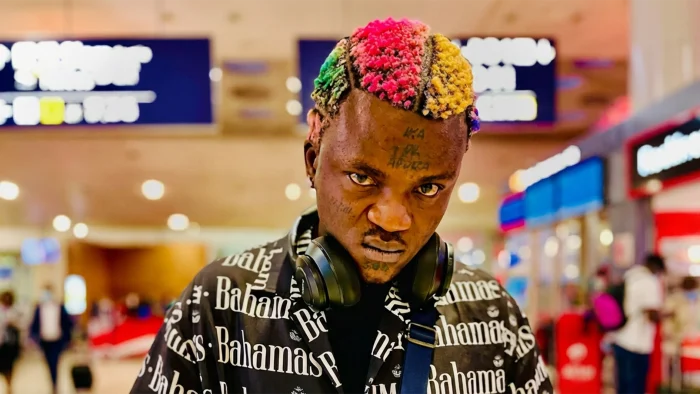- Funke Akindele’s Behind the Scenes crosses ₦2bn, sets new Nollywood record
- With opportunity and access to funds, I still ask why it’s not clicking,” Sharon Adeleke reflects on business success
- 9th AFRIMA finale: Live updates from red carpet to final win
- Ogun police investigates alleged assault case of singer portable while in custody
Josiah Jesse Ransome-Kuti was born to Egba’s parents on June 1, 1855. His grandparents were from the town of Igbein but became a part of the first settlers of Abeokuta after it was founded in 1830.
Four years after he was born, he was baptised a Christian by his mother to the dismay of his father, a staunch traditionalist. His father‘s death in 1863 laid to rest, the struggle to convert him back to his African roots. He grew up a strong Christian and headed to Church Missionary Society (CMS) Training Institution, Abeokuta and then transferred to CMS Training Institute in 1871.

[ad]
He landed a job as a teacher in Abeokuta but left eight years later to teach music at CMS Girls in Lagos. Between 1902 to 1906, he served as a district judge in Abeokuta. A dedicated Christian, he founded the Gbagura Church in Abeokuta offering English hymns into the Yoruba language.
He also pastored at St Peters Cathedral in 1911, the first Church built on Nigerian soil and one of the oldest in Africa. He continued to rise until he was appointed a canon of the Cathedral Church of Christ in Lagos in 1922. By 1925, with a successful career as a music teacher, he released an album containing Yoruba hymns under Zonophone Records (now known as Warner Music Group) with the aid of a gramophone.
Referred to by colonial masters as “the Singing Minister,” he is credited as converting people to Christianity with his records than anyone in the 20th century. Some of his records are still found in British Museum. His descendants include Fela Anikulapo-Kuti (pioneer of Afrobeat); Beko Ransome-Kuti (Human Rights Activist); Olikoye Ransome Kuti (Minister of Health), Professor Wole Soyinka (Nobel Prize in Literature), Femi Ransome Kuti and Segun Kuti (Grammy-nominated singers.)
[ad unit=2]








